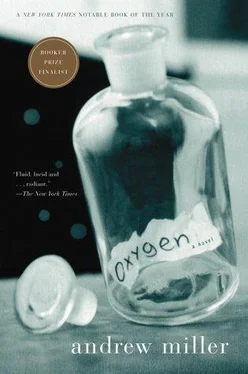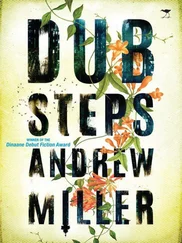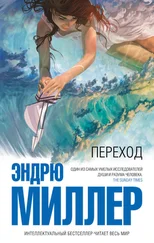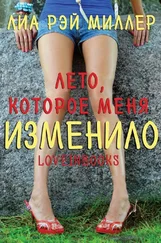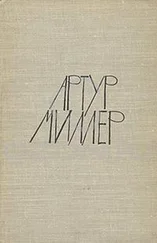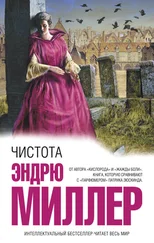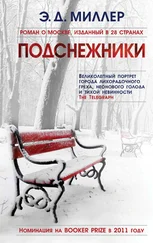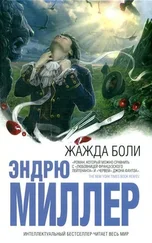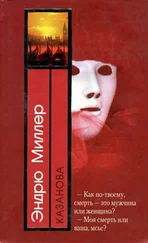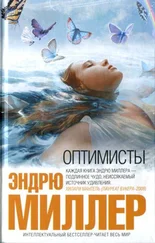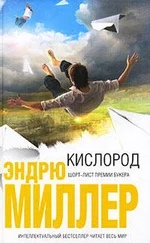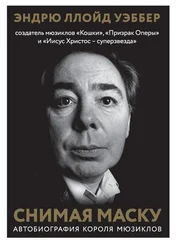He carried the cup-and-ball game into the living room, then moved softly up the stairs and peered into his mother’s room to where she lay in the quarter-light as if in a body of water whose currents moved her limbs and slowly turned her face from side to side on the pillows. Her inhalations were like moments of hushed surprise, and in each breath it seemed she lost more than she gained. The sickness was weaning her off air, and however many good days she had when she could sit in the garden with a rug and drink Darjeeling tea and talk to her visitors, the process, the day-to-day business of dying, ran on relentlessly, a ferocious, semi-public labour. What sense did it have, beyond the workings of a certain crude biology? What good lesson could be learned from watching someone die? Was it just to throw you back harder against your own life, to make you see the necessity of getting on with it? a memento mori like the old gravestones with their skulls and sand timers and glib reminders that ‘soon you shall be as I am’?
He had tried once, shortly after Stephen’s accident, to believe in God and the overarching purposefulness of things. He had set aside time every day to say his prayers: twenty minutes in the morning and twenty at night, kneeling down in the approved manner with his hands clasped by his lips. He told no one about it, and it had felt good at first, a source of consolation and power that did not depend on anybody else, teachers or parents, people who might suddenly not be there any more. Then the two sessions had became one and the twenty minutes shrank to ten. He talked to God but God did not talk back to him. There was only the sound of his own voice, the childish litany, the discomfort in his knees, until finally, with a sense of getting out into the air again, he had given it all up. His father had reserved a special venom for religion, the ‘God-botherers’. Alec didn’t know if Alice believed. He hoped she did, though the last time he had seen her with Osbourne she had been ragging him, saying that she had turned into a sun worshipper, ‘a bit of an Aztec’, something that the reverend, sitting beside her wearing a pair of green-shaded sunglasses, seemed to think entirely compatible with modern Anglicanism. It was a curious fact, however, that she did, in certain lights, certain hours, her face puffed up by the steroids, her gaze refined by suffering, look more like a tribal elder of some delicate mournful people in the great plains or rainforests than a middle-class English woman, a retired headmistress, his mother, Alice Valentine.
She opened her eyes, suddenly, as though she had not been asleep at all.
‘Larry?’ she said.
‘No, Mum, it’s me.’
A pause, then, ‘I was dreaming of you’.
Stylistically, the foyer of the Park Hotel was a marriage between an Italian bank and an English gentleman’s club, but in its scale, its air of having been built the previous afternoon, the not quite convincing efficiency of it all, it was entirely home grown.
Larry made for the drink station in the well of the room and ordered a large Jim Beam from a barman in a tight white pea jacket. The convention was in full swing, and among the fountains, the marble, the plump sofas and the scurrying bellhops, several hundred mostly middle-aged men milled about industriously, peering at each other’s identity tags. There were many fulsome greetings, and when they laughed they advertised their trade with mouths full of lustrous and symmetrical teeth. They were wholesome-looking men, by and large, and though they must have had their share of the world’s problems – errant kids, alimonies, mal-practice suits – they wore everywhere the same expression of intense boyish delight, so that Larry was tempted to suspect them of visiting their own medicine chests. Mainstream Americans. Taxpayers, baseball fans. Serious people with a certain chiselled gravitas. Veterans, some of them, of Korea and Vietnam. Patriots. Yet the more Larry looked at them the more he wondered how long his self-willed exile among such people, who had started to appear as exotic as Berbers or Malay fire-walkers, could possibly continue. It was as if the country were slipping away from him, or he was beginning at last to find unignorable the fine hard surface of its difference, of his difference. Vexing to have to see this now! To be forced to admit how much more there was to belonging somewhere than just being there. But where else could he go? Back to England? What would he do there? He would be a minor item in the evening paper – ‘Local Tennis Ace Comes Home’ – and then sink without trace, reduced, if he was lucky, to double-glazing ads on television, or perhaps a tennis instructorship at a local country club, where he would sit at the bar in his whites, a lush with solarium-tanned skin, making assignations with unhappily married women.
At the front desk he enquired whether a Mr Bone, a Mr T. Bone, had a room at the hotel. Anywhere but LA and he would have received the ‘wiseass’ look, but in a city where doormen were dressed like characters in a Gilbert and Sullivan operetta, the citizens were not given to displays of incredulity. The receptionist, Kimberly Ng, sporting an Employee of the Month badge on her lapel, checked her screen and said that they did indeed have a Mr Bone with them at the moment. Larry gave his name and she called up to the room, informing him that he was expected, and that he should take the elevator to the twenty-seventh floor of the Tower.
‘Room 2714, sir. Enjoy your visit with us today.’
A broad and velvety walkway connected the hotel to the adjoining Tower, the walls serving as a gallery for photographs of the luminaries who had graced the hotel in the past. Reagan’s image was prominent: a large picture of him on a spacious balcony looking relaxed under the California sun, a half-dozen smiling cronies around him. Then Reagan on the telephone to receive some historic message. Reagan with Nancy, a loving couple, tanned and innocent.
Farther along, there were images of the moonshot astronauts – Armstrong, Aldrin and Collins – and though he was now running late, Larry paused to look at these more closely. The astronauts had been honoured at a reception in the hotel entitled ‘Dinner of the Century’. It certainly looked grand enough. In the foreground there were uniformed trumpeters, then about a thousand dignitaries, and finally the astronauts themselves in dark suits, looking solemn and pleased and impossibly modest.
It was just before four o’clock on a summer’s morning in England when the Eagle touched down in the Sea of Tranquillity. The Valentines, like any other family in the country with a TV set, had sat in a breathless hush watching the crackly flag of history unfurl in front of them. Larry on the floor between his father’s knees; Alec snuggling up with Alice on the couch. The thrilling ellipses of the language! Its weird laconic delivery. ‘Roger, you’re looking great, you’re go.’ ‘How us, Houston?’ Armstrong, cool as any gunslinger, guiding the module down, while at Mission Control the backroom boys in their white shirts sat anxiously before rows of whirring computers. How strange that today of all days he had crossed the path of these men, icons of the kind of clean-cut heroism he had never ceased to admire. It was as though their picture had been posted there as a warning, or a reminder, or in some way to mock him. He wondered how many people remembered there had been a Russian craft, Luna 15, in low orbit round the moon at the same time as Apollo, and that it had ended its flight by crashing at 300 mph into the Sea of Crises. ‘How me?’ he muttered, ‘How me?’ as he entered the elevator, ascending to the twenty-seventh floor in the company of several Japanese businessmen, who gazed studiously into the car’s limited middle distance.
Читать дальше
